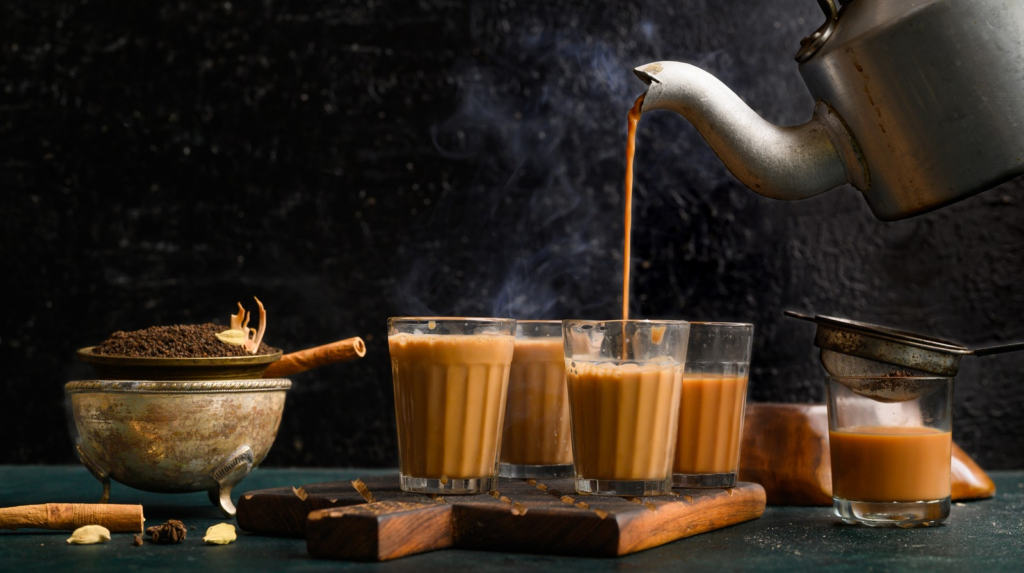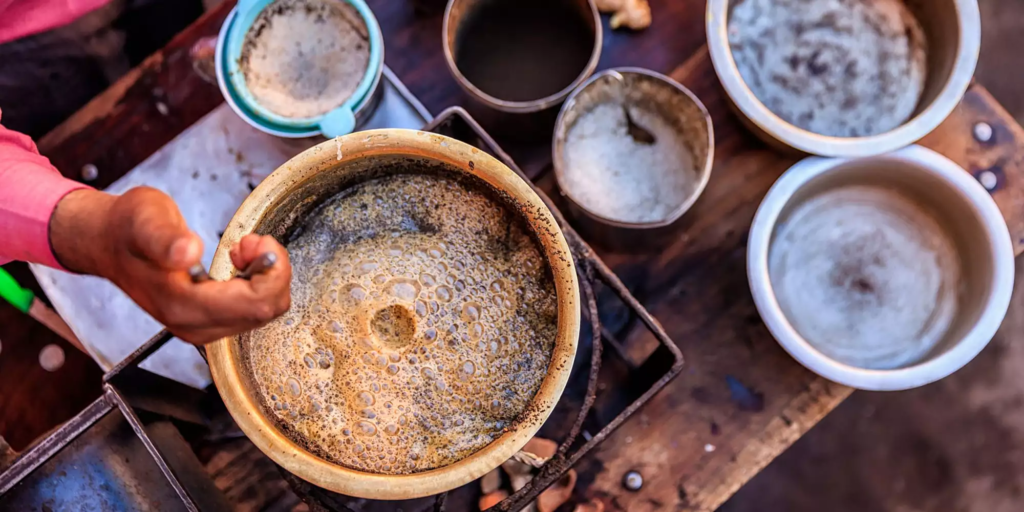TasteAtlas, a prominent culinary guide, ranked Masala Chai as the world’s second-best non-alcoholic beverage. While Indians dispute that it merits first place, the global exposure of this pungent beverage has triggered a flood of responses on the internet. Let’s go into the specifics of the rating, the online reaction, and the rich history and preparation of Masala Chai.

The Ranking Surprise:
TasteAtlas has announced the World’s Best Non-Alcoholic Beverage ranking, with Mexico’s Aguas Frescas taking the top spot. However, Masala Chai came in a close second, demonstrating its global popularity. TasteAtlas described Masala Chai as an aromatic beverage from India, emphasizing its distinct mixture of sweetened black tea and milk, laced with cardamom, crushed ginger, cloves, cinnamon, and black peppercorns.

Internet’s Response:
As the news spread, desi netizens voiced a wide range of feelings online. Some fans criticized TasteAtlas for using the name “Chai Masala,” arguing that it should be “Masala Chai.” Others strongly declared Masala Chai to be more than just a beverage, describing it as an emotional experience. The reactions demonstrated Indians’ profound affinity to their cherished tea.
Masala Chai’s Business:
Masala Chai was followed by India’s mango lassi, which had previously been named the ‘Best Dairy Beverage in the World.’ TasteAtlas also named Basmati rice from India the greatest rice in the world, noting its individual grains and nonstick feel when cooked.
Masala Chai’s Cultural Relevance:
Masala Chai has a particular position in Indian culture; it is more than just a beverage. It is regarded a feeling and a daily routine by many. The combination of spices—cardamom, ginger, cloves, cinnamon, and black peppercorns—creates a taste profile that resonates internationally. Masala Chai’s historical connection to the British tea trade in the nineteenth century adds to its importance, since India became a sought-after market because to its distinct tea mix.

